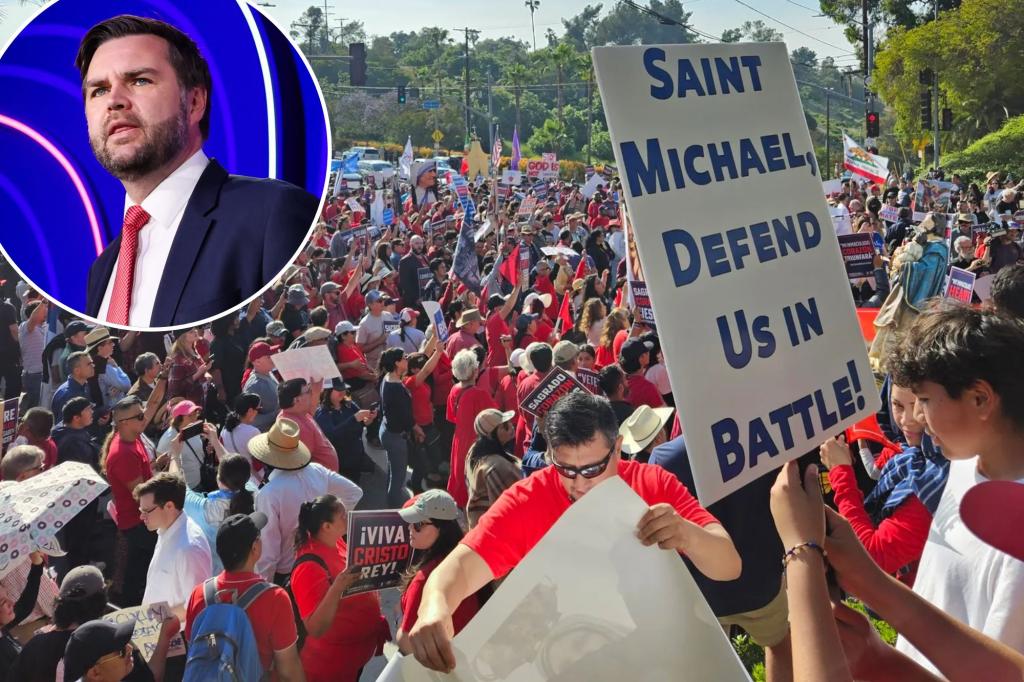Inside the Rise: How Trump's Political Faith is Reshaping Catholic Voter Dynamics

In the complex landscape of modern Catholicism, a distinct group of believers has emerged, sparking intense debate and drawing both passionate support and sharp criticism. These devout Catholics, often characterized by their unwavering commitment to traditional Church teachings and strong alignment with conservative political ideologies, have become a notable force within the religious community.
Some detractors label them as "MAGA Catholics," referencing their perceived close ties to right-wing political movements. Others prefer more nuanced terms like traditionalists or, more critically, fundamentalists. However, the group themselves typically reject these external labels, preferring to be known simply as "faithful" Catholics who are committed to preserving what they see as the authentic core of Catholic doctrine and practice.
Their approach to faith is marked by a deep reverence for traditional liturgical practices, a strict interpretation of Church teachings, and a vocal stance on social and political issues that align closely with conservative values. This movement represents a significant and increasingly vocal segment of Catholic believers who seek to maintain what they consider the true essence of their religious heritage in an ever-changing world.
